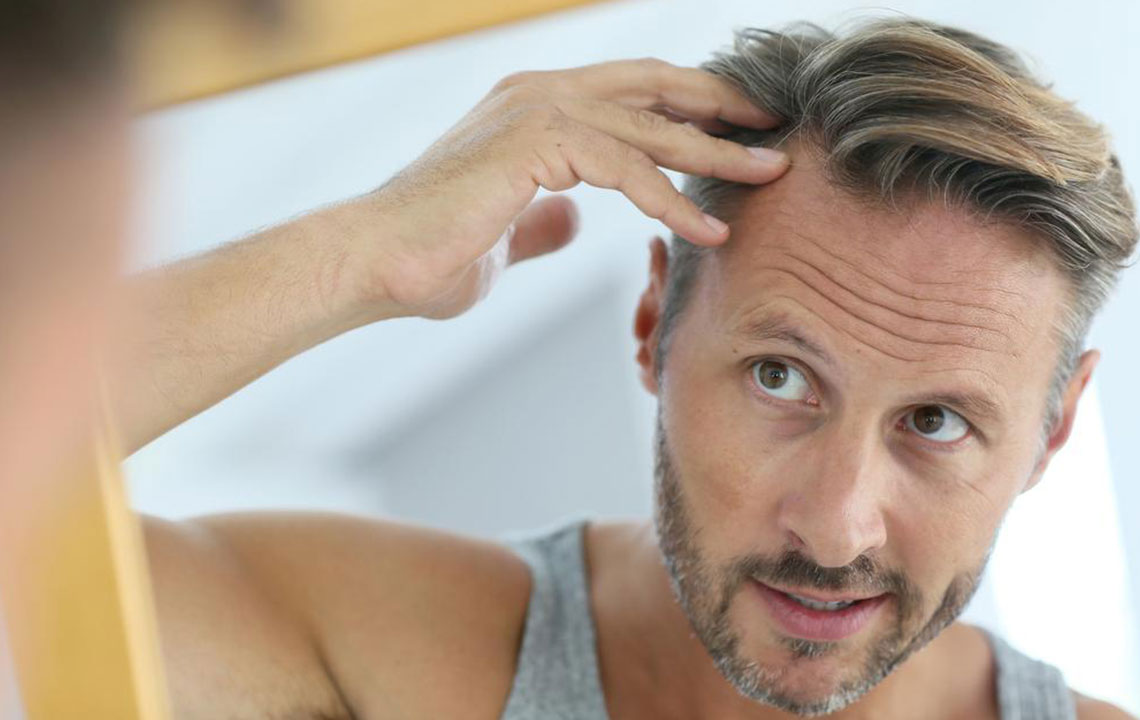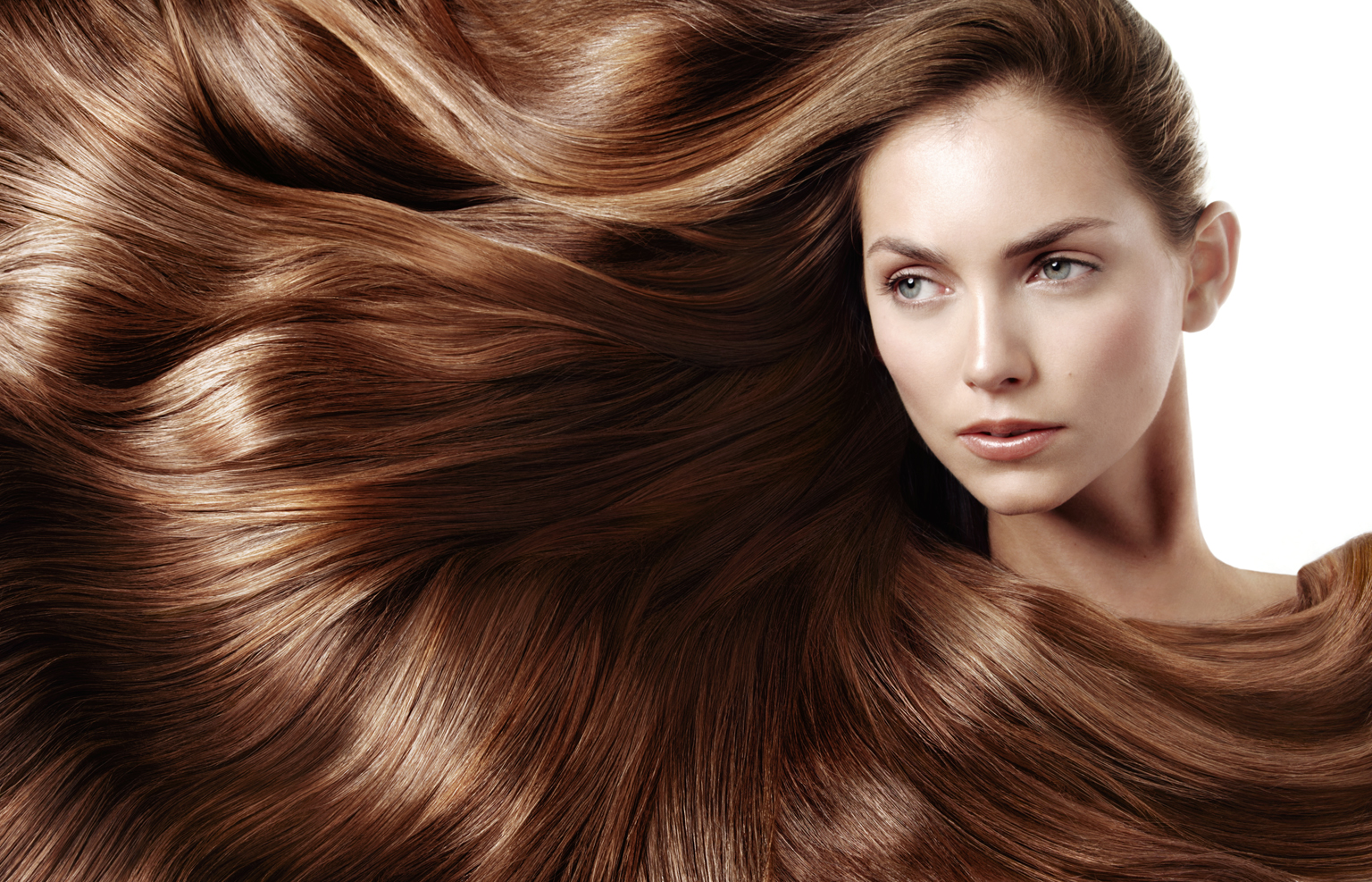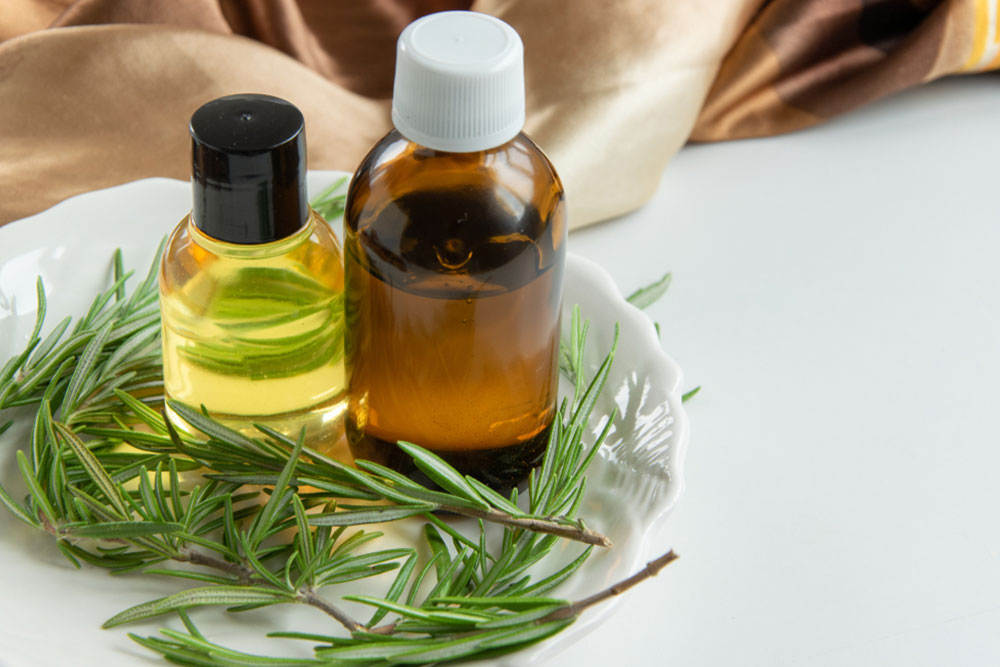The Connection Between Your Diet and Dandruff Control
This article explores the influence of diet on dandruff and offers practical dietary and lifestyle tips to help manage scalp flakiness. Emphasizing nutrient-rich foods, reducing processed and yeast-rich items, and maintaining good scalp hygiene can assist in controlling dandruff symptoms. Learn how simple dietary changes can promote healthier hair and scalp, supporting overall well-being and reducing irritation.
Discover How Your Eating Habits Influence Dandruff
Dandruff results from the natural shedding process of skin renewal, where old, dry skin flakes off the scalp. Factors such as poor scalp hygiene, varying weather conditions, and reactions to hair products can exacerbate dandruff. Stress can also play a role by causing hormonal changes that increase scalp oil production. Individuals recovering from cardiac events or undergoing immune-weakening treatments like chemotherapy often experience heightened dandruff.
Diet and Its Impact on Dandruff
While a direct link between diet and dandruff remains to be scientifically established, certain dietary adjustments have shown promising results in reducing symptoms.
Factors contributing to an unhealthy diet include:
High Sugar and Carbohydrate Intake
Consuming excess sugar can lead to skin inflammation and increased oil secretion, worsening dandruff.
Processed Foods
Processed foods can cause insulin spikes, which may promote scalp flakiness.
Unhealthy Fats
Consumption of bad fats also triggers insulin responses that can stimulate oil overproduction on the scalp.
Yeast-Rich Foods
Beverages like beer and wine, and baked goods such as bread, contain yeast that encourage fungal growth leading to dandruff.
Low Fiber Diets
A diet low in fiber and high in carbs can cause deficiencies and hormonal imbalances that increase oil secretion and flaking.
Essential Nutrient Deficiencies
Including zinc, found in foods like oysters and pumpkin seeds, and biotin from eggs and yogurt can help reduce dandruff. Allergies to wheat or dairy may also lead to scalp oiliness, so eliminating these temporarily could improve scalp health.
Dietary Tips to Manage Dandruff
Adopting the following dietary habits may significantly lessen dandruff severity:
Lessen Sugar Consumption
Although science isn’t conclusive, reducing sugar intake might help maintain stable insulin levels and improve scalp health.
Eat Fresh, Organic Foods
Switching to fresh, unprocessed foods can aid in reducing flakes and support overall well-being.
Boost Fruit and Vegetable Intake
High-fiber diets that include raw and cooked produce improve nutrient absorption and promote scalp health.
Limit Alcohol and Bread
Alcohol and yeast-based baked goods contribute to fungal growth; cutting back can help maintain a healthy scalp.
Add Garlic and Onions to Your Diet
Rich in allicin, these foods offer antifungal properties that can combat dandruff and support heart health.
Increase Zinc Intake
Foods like shellfish and pumpkin seeds provide zinc, crucial for scalp health and dandruff reduction.
Ensure Adequate Vitamin B
Eggs, dairy, carrots, and tomatoes supply biotin and B-vitamins vital for healthy hair and skin.
Additional Care Tips
Aside from dietary modifications, consider these practices to keep dandruff at bay:
Brush hair daily to distribute natural oils.
Massage scalp with oils like coconut or tea tree oil for soothing effects.
Rinse hair thoroughly during shampooing; residual shampoo can cause flakes.
Avoid leaving hair unwashed for more than 3-4 days to prevent buildup.
While a direct correlation between diet and dandruff isn’t definitively proven, these nutritional and lifestyle choices can support scalp health and reduce symptoms. Prioritize nourishing your body with wholesome foods for healthier hair and scalp.










